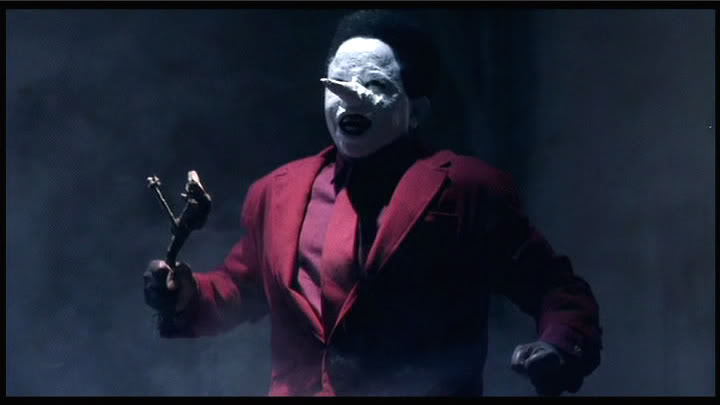I'm a big fan of the show Twin Peaks. I watched all three seasons a couple of month ago - a very late discovery. I didn't know what I was missing. It gave me a lot to think about, especially in context of the topics discussed here in the forum.
What I always liked about Lynch movies is the dream-like quality of how the story unfolds. Although I didn't really understand what I was seeing most of the time, I still had the feeling that it made sense, but more in an emotional, symbolic and aethetical way - not in an intellectual way. I got the impression that it somehow speaks to the subconscious mind. I've always found that extremelly puzzling and fascinating at the same time. How does he accomplish that? How can be something so mystifying and "illogical" make sense?
I know from my own artistic experiments that there is a way of following associations wherever they lead without thinking too much about it, much like day dreaming or C.G. Jungs active imagination. Everyone who examines his own dreams more closelly will find, that there is a certain logic behind them - a kind of dream logic. It is not as random and nonsensicall as some people believe. To me it seems like a different kind of thinking, of reasoning even, a different kind of language, more like a language of symbols.
A couple of times, when I was about to fall asleep, I observed my own thoughts, as they went through a transition. I was thinking about a problem and followed the chain of ideas, that spontaniously came to mind until I finally found a baffeling solution, that felt like a really big revelation. But all of a sudden I changed back to my normal waking state and couldn't understand it anymore. The bits and pieces I could still remember seemed surreal and absurd by now and have started to fade away. It left me with the impression of having lost my threat. Whatever it was I found on the "other side" is something I couldn't translate to my normal state of mind.
It also makes me wonder how many high strangeness events might happen all around us that nobody notices, simply because it doesn't translate very well, because it's blocked by our filter settings.
There seems to be a few people who can sense things more consciously, who might be "better translaters" in a way: People seeing dead dudes or past lifes or encountering all sorts of high strangeness phenomena. Might also be a glitch of some sort. Also the strange gift of savants comes to mind. I've read about one, who is able to feel the solution to complex mathematical problems and solve it in an instant, bypassing the traditional way of calculating and processing information via some sort of synesthetic understanding.
So there seem to be different modes of thinking and awareness. I find that particulary interesting in light of information theory and the concept of mind as receivers of information. Only the things that penetrate the filtering membrane of a person's waking state are considered to be real but at the same time the same person might exist on different levels of consciousness that simply don't translate well. So what we consider to be the waking state is just the peak of the iceberg.
I find interesting what Jordan Peterson once said about the role of artists, that the real artists are contending with the unknown, that they have a relationship with the unknown and that the unknown shines through their works in partially articulated form. In this context David Lynch seems to be such an artist.
Artists are strange fellows. They are highly motivated to find answers to questions they are unable to put into words. And once they found it they might say" Yay, I found it! I put my last stroke on the canvas and no more! That's the expression I was looking for!" Who knows, what you can find in those artworks once you have a better understanding. Maybe one day in a distant future a science historian might say: "You see, back in the 21th century nobody knew how to express the unified field theory but much earlier in the 19th century the dutch painter Vincent van Gogh expressed the theory's underlying pattern in his famous painting Starry Night"

 )
)